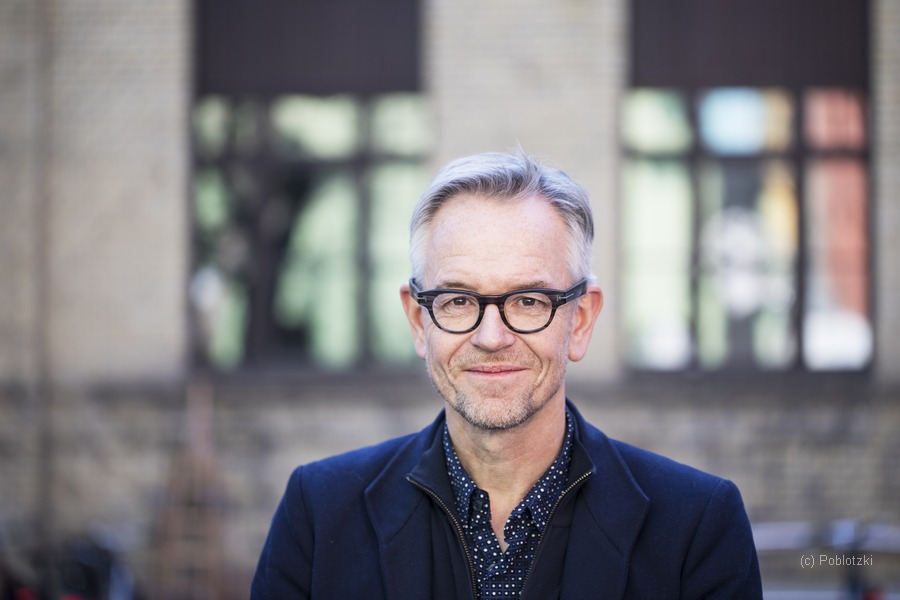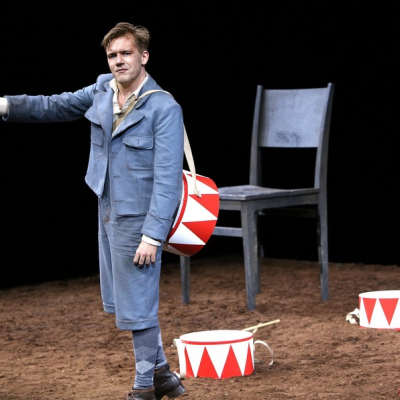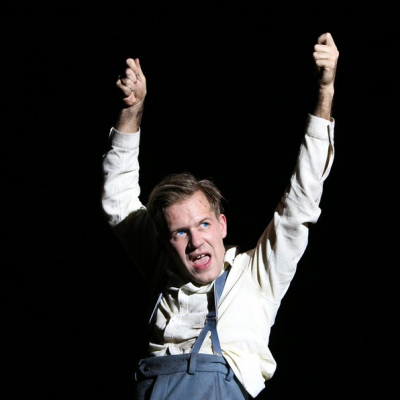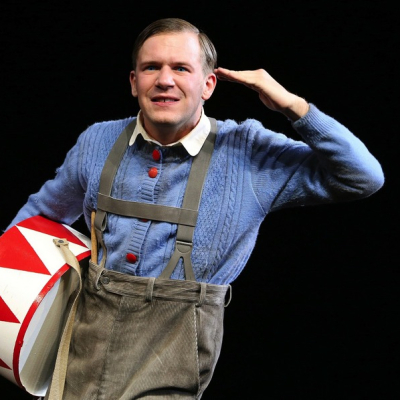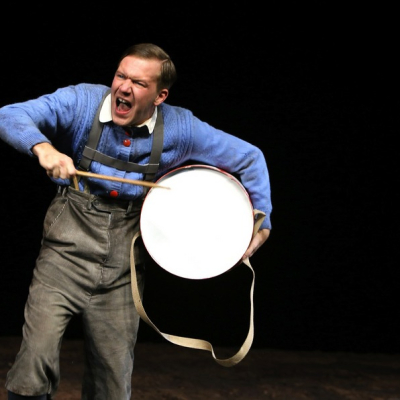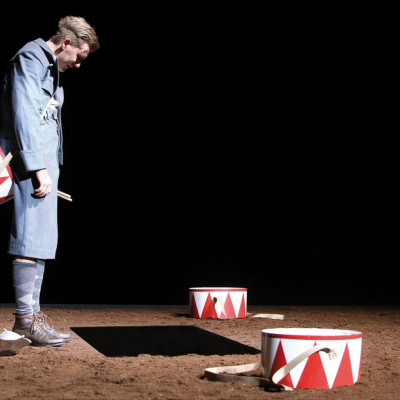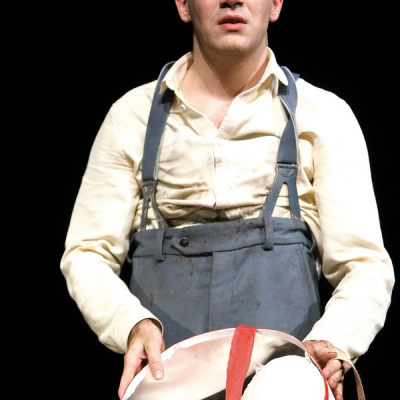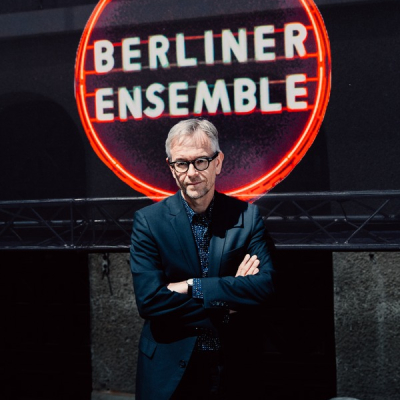Archives 2018
THE TIN DRUM 14
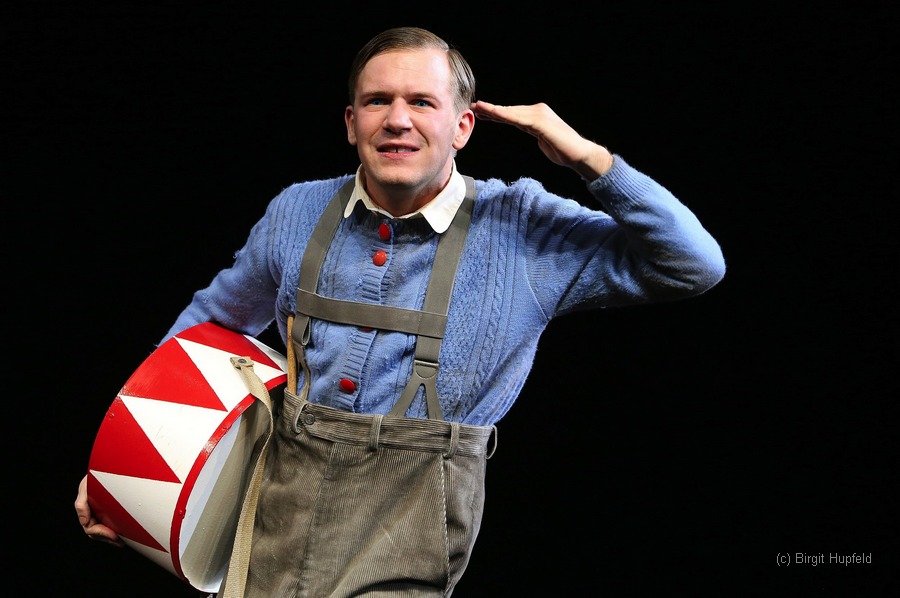
Berliner Ensemble, Berlin, Germany
Director: Oliver Reese
Performed in German, with Hungarian and English subtitles.
1 hours 50 minutes, without breaks.
Oskar Matzerath has barely been born when he recognises the world to be a universal disaster – and rejects it entirely. Because the world he is tossed into, 1924 Danzig, is the dawn of the National Socialist regime. A world that provides scant opportunities for a growing boy to thrive. Only when his mother promises to give him a tin drum, an acceptable prospect for survival unfolds: the life of a drummer, the grotesque existence of an artist with all its ambivalence of motivation and consequences. And so, on his third birthday, Oskar decides to reject this world, to stop growing and to become an observer, a drummer. From his frog’s eye view, he describes the emergence of fascist thought and action, reports on adultery and Pogrom Night, links private stories with the history of the Third Reich. He is a witness and an outsider, a prosecutor and a participant in a world where a rupture in civilisation like the Holocaust is possible, and thus he poses the question of personal responsibility in an utterly dark world.
All his life, Günter Grass felt responsible for the horrors committed in the name of Germany. “Die Blechtrommel (The Tin Drum)” is an attempt to render transparent the mechanisms of his own seduction by nationalist and fascist ideologies and to sound a drum of dissent. Regardless of all controversy surrounding both the novel and its author, Nobel Prize laureate Günter Grass, the text is still regarded as a milestone of German post-war literature today. Director Oliver Reese tells the story of the eternal drummer in a version tailored entirely to the protagonist’s point of view.
“A triumph of acting!” (Frankfurter Rundschau)
Actor: Nico Holonics
Light design: Steffen Heinke
Dramaturge: Sibylle Baschung
Costume designer: Laura Krack
Stage designer: Daniel Wollenzin
Oliver Reese


